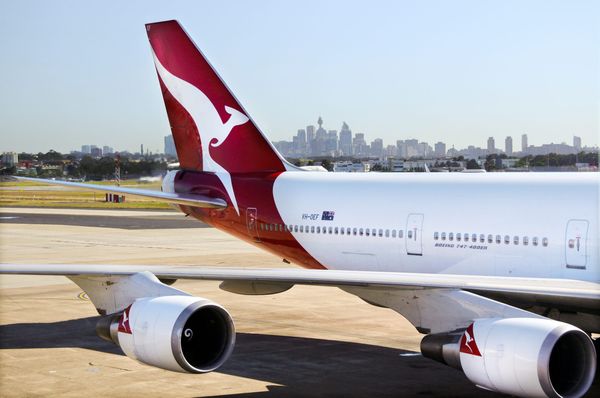Could Qantas’s bonus with strings attached be unlawful?
By Lauren Drummond
Qantas recently announced a new bonus scheme to be included in its upcoming enterprise bargaining agreement. However, the conditions attached to this scheme raise the question of whether an employer’s exercise (or non-exercise) to award a discretionary entitlement could amount to unlawful adverse action under the Fair Work Act 2009 (Cth) (FW Act).
Under the general protections provisions of the FW Act, employers are prohibited from taking adverse action against employees who have a workplace right, have exercised a workplace right or propose to exercise a workplace right. Employers are also prohibited from coercing employees into exercising or not exercising a workplace right, or exercising a workplace right in a particular way.
Adverse action includes dismissal, injuring an employee in his or her employment, altering the position of the employee to the employee’s prejudice and discriminating between the employee and other employees.
The ‘prejudicial alteration’ adverse action limb can apply to a broad range of conduct, including any detriment upon the advantages the employee enjoyed before the adverse conduct in question. It has been found to include changes to employees’ rosters, issuing warnings or taking other disciplinary action and attaching limitations to employment benefits that previously did not exist.
Qantas has introduced a bonus scheme giving $2000 cash performance bonuses (and $500 travel vouchers) containing the following terms and conditions:
- the bonus is subject to employees agreeing to and entering into new enterprise agreements; and
- the performance bonus is subject to a provision that workers will lose the bonus if they, or one of their colleagues engage in any conduct that ‘harms’ Qantas.
Qantas has not elaborated on the definition of ‘harm’ in this context, such as whether workers taking industrial action, or other action including talking publically about the company would constitute ‘harm’.
If, for example, ‘harm’ was to include the taking of industrial action or other conduct that would otherwise be considered a lawful exercise of a workplace right, the conditions attached to the Qantas bonus scheme may constitute unlawful adverse action in breach of the general protections provisions of the FW Act.
In addition, there is also a question that by making the payment of the bonus conditional on the approval of a new agreement, whether Qantas is potentially coercing employees to exercise the workplace right to approve terms of the agreement.
This raises broader questions for other types of conditions often attached to bonus schemes, such as reducing the entitlement to account for excessive personal leave taken by the employee or attaching conditions that would be more difficult for particular groups of employees to satisfy (such as employees with a disability or other impairment).
Employers should ensure that the terms of bonus schemes allow sufficient discretion so that it is not applied in a manner that would contravene the general protections of the FW Act. It also means that employers should consider a range of other factors that may contribute to the decision to award or not-award, based on the particular circumstances of the employee in question.
Get the latest employment law news, legal updates, case law and practical advice from our experts sent straight to your inbox every week.

